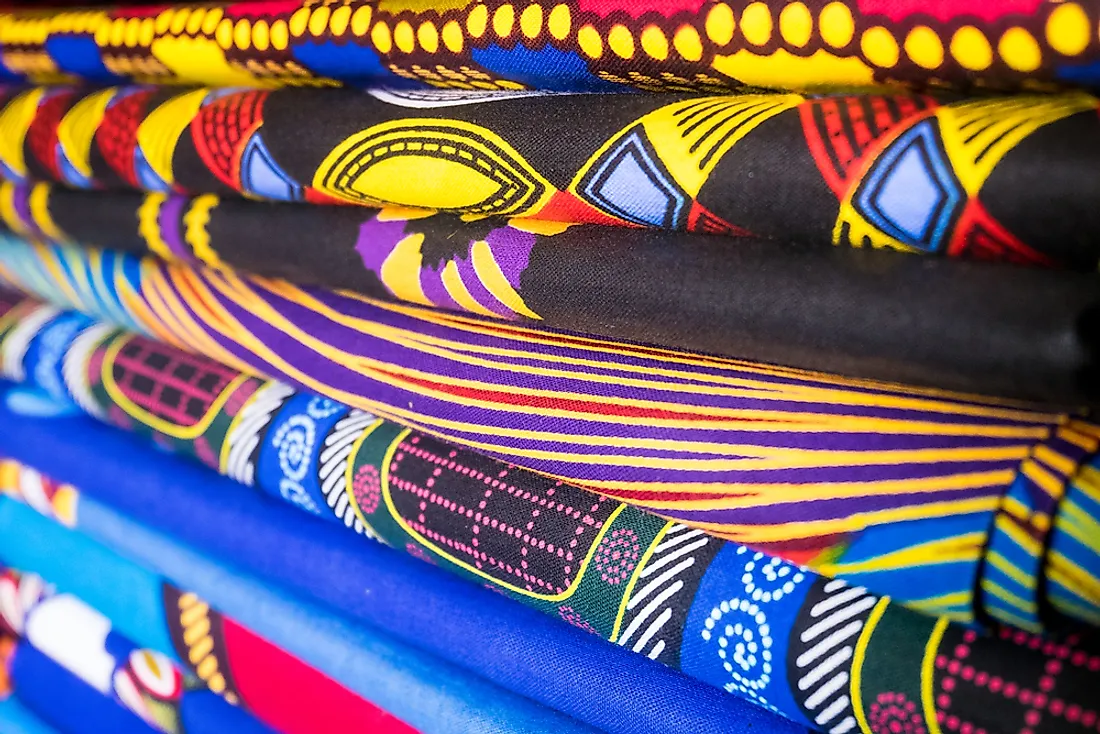Nigerian Culture, Customs, and Traditions

Nigeria is a multiethnic country in Northern Africa. With nearly 200 million inhabitants, it also happens to be one of the world's largest countries by population. The culture of the country is diverse and tends to differ from north to south. Below are some of the most notable things about Nigerian culture.
Language
Nigeria’s culture is made up of several ethnic groups that speak 527 different languages. The number of ethnic groups and dialects stand at more than 1,150. Some of the most prominent ethnic groups include the likes of the Fulani, Hausa, Igbo, Yoruba, and Ijaw. Minority ethnic groups live throughout the nation although higher concentrations of these groups live in the northern and the middle regions of Nigeria.
Nigeria Traditions
Nigerian traditions are wide and vary in the different cultures. For example, it is typical for Nigerians to have three weddings, unless they are getting married to foreigners. The first wedding is traditional, the second one being in a court, while the third is in the church or the mosque. The rationale behind these weddings is that the union needs to be recognized by religion, the law, and by tradition. Other traditions include the mother-in-law helping the daughter-in-law after giving birth and younger men going for apprenticeships with older and wealthier men.
Nigerian Food
Nigerian food is mostly made up of meals that are high in carbohydrates, such as cassavas, rice, maize, yams, and plenty of vegetables. There are many ways that these meals are prepared. For example, the cassavas can be ground up and the flour used to make a delicious and inexpensive porridge. The yams can be mashed or fried in oil. Meat is another delicacy that is prepared into something known as suya (a form of meat resembling barbecue meat) and wild meat (from giraffes and antelopes). Most of the foods are spicy, especially in the west and the south. Other forms of traditional food include fufu, eba, okra, egusi, and ogbono. Drinks include traditional brews like palm wine.
Nigerian Clothing
Nigeria itself is home to several textile industries that go towards clothing the Nigerian people. Fashion is diverse and varies depending on the ethnic groups, culture, and religion. In recent time, the styles have evolved to more contemporary designs. Traditionally, cultures such as the Yoruba used to wear clothing such as gele (a cloth wrapped around the head by women), afbada (a robe for formal functions), and other forms of attire. Other cultures, such as the Igbo used to wear clothes only for modesty in past times, which is unlike other cultures where clothing has always been a symbol of status.
Family Life
Families are a crucial aspect of Nigerian society and are typically larger than in the west. The larger number of families is because a higher number of children improves the social standing of a man. For this reason, newborns are regarded with joy and pride as they are the future. In some of Nigeria's northern states, polygamy is legal and men may marry several wives. However, none of the states in southern Nigeria allow this practice.











